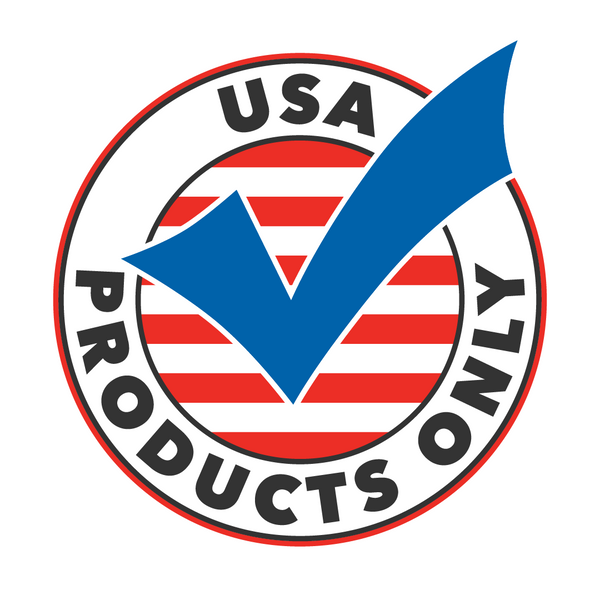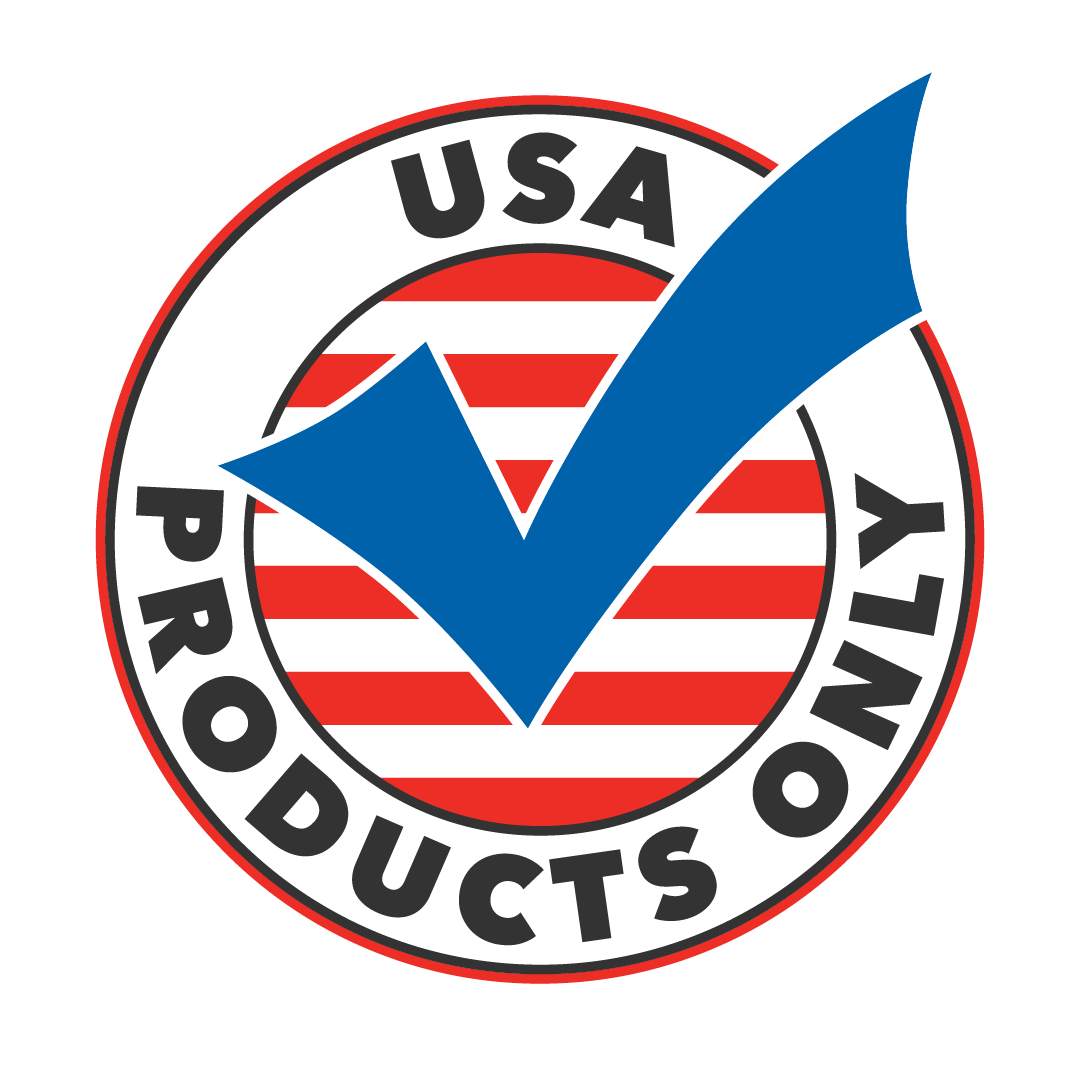Diversity, equity, and inclusion (DEI) programs have been under increasing political scrutiny recently as President Trump moves to curtail DEI projects at the federal level. His government has pushed private businesses to follow suit and attempted to cut off government-funded diversity initiatives, according to this FOX Business article. Still, a lot of big businesses—including Apple, Microsoft, Goldman Sachs, and JPMorgan Chase—are keeping their DEI promise. These companies contend that in addition to being the moral thing to do, a diverse workforce makes good financial sense.
Executives of these businesses stress that DEI projects boost employee involvement, stimulate innovation, and generate better decisions. Studies have shown that different teams often perform better since they bring in numerous points of view that can creatively and effectively manage challenges. Apple, for example, claims that its commitment to diversity enables the company to produce goods for a broad variety of consumers.
Many critics of Diversity, Equity, and Inclusion (DEI) initiatives say these initiatives create unwarranted bureaucracy in businesses and colleges, assign identity more importance than competence, and build division rather than unity. Critics argue DEI programs compromise merit-based development and justice by producing hiring and promotion decisions more based on race or gender than on competence. Some argue further that DEI training courses may force political notions that polarize and disrupt companies rather than encouraging true inclusiveness.
Moreover, several politicians and business leaders observe that DEI programs are costly and worthless as they have little evidence of improving workplace culture or performance. They argue that companies should focus on offering every employee equal chances instead of enforcing quotas or specialized programs. Legal challenges have also been implicated; recent Supreme Court rulings against affirmative action in education have sparked debates on whether such concepts should extend to the commercial sector.
Even if the political scene is always changing, it is evident that many of the biggest companies in the country insist they continue their DEI initiatives.







